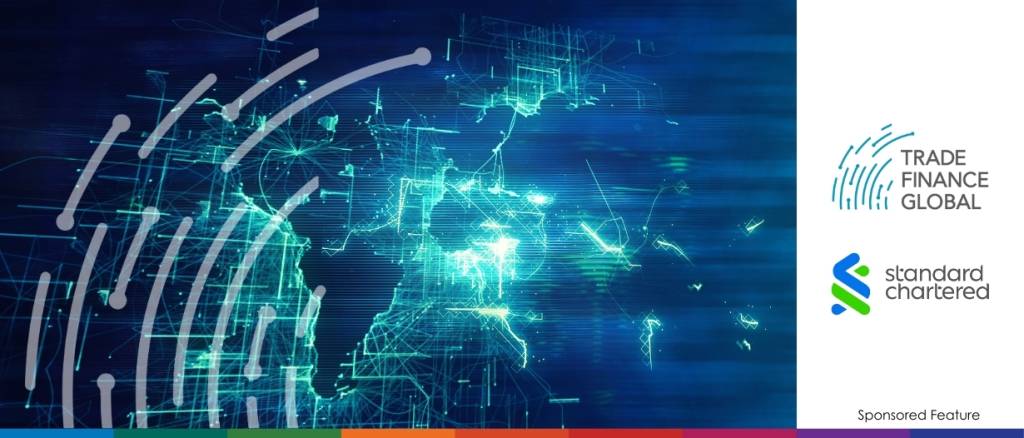Just about six months ago, Trade Finance Global reached out to a variety of trade finance experts to help answer some questions we had about the industry. Like always, our friends across the industry came through and provided us with some detailed thoughts on the ins and outs of the trade finance world.
The Electronic Trade Documents Bill has today received Royal Assent, and is officially an act of law (the Electronic Trade Documents Act), promising to transform the way international trade is conducted electronically.
Back in January, Trade Finance Global (TFG) reached out to trade finance experts to pick their brains about what to expect in the industry in 2023. Entering the year, there was a lot of uncertainty surrounding the larger economic environment. Some people were optimistic, some people were pessimistic, but everyone was open about being unsure.
Micro, small and medium-sized businesses are the backbone of employment and economic growth in West Africa. How can short-term credit insurance help these businesses to grow and prosper?
Almost every traded good in existence has sailed the high seas. The constant flow of products across oceans is necessary for meeting growing consumer demand. However, global shipping is also a significant driver of climate change, emitting more greenhouse gases than most countries.
Correspondent banking is a cornerstone of international finance, offering a critical conduit for transnational transactions and financial services. But as with any large, intricate and partially opaque financial system that relies on mutual trust, it is also a prime target for illicit exploitation, particularly money laundering.
In the geographically dispersed world of international trade finance, efficient communication is crucial.
This is why the Society for Worldwide Interbank Financial Telecommunication – better known as SWIFT – created its messaging types, which have long served as a means for banks around the globe to communicate and facilitate transactions.
The International Trade and Forfaiting Association’s (ITFA) Digital Negotiable Instruments (DNI) Initiative Day, hosted in London on 12 July 2023, served as an important platform for the future of trade finance.
Globalisation is not dead, contrary to recent claims. Nowhere is this more evident than in global trade, where high-growth trade corridors in Asia, Africa and the Middle East are set to outpace the global average by up to four percentage points.
Cross-border payments are an essential part of the global economy. Historically, the cost and potential delay of processing have added unnecessary friction to commerce. As payments wait to be settled, gaps in visibility can frustrate both sides of the transaction.


















